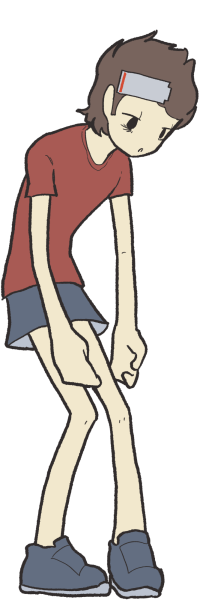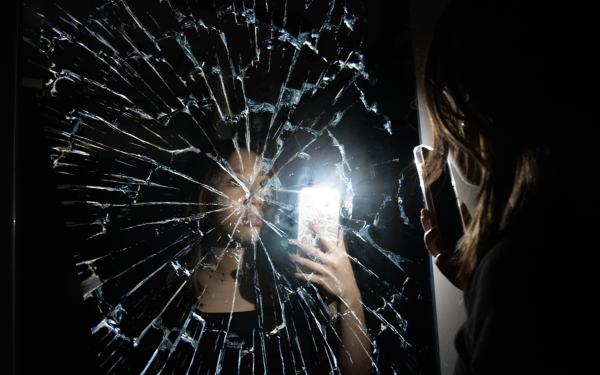“Dwelling on problems in your life will not make you feel better.”
June 12, 2020
According to The Chicago Tribune, “About 36% of respondents in Chicago’s metropolitan area reported that they felt ‘hopeless about the future’ at least once” as of April 30. When social distancing began, access to in-person mental health resources suddenly cut off. Now, many are struggling to receive the mental health treatment.
This issue is important to me, as I have been diagnosed with depression and anxiety. One symptom of my depression is isolation. I shut out my family and friends and I do not respond to calls.
Normally I have school, clubs, my job and friends to keep me distracted. Now, I have been forced to learn new ways to cope with my mental illnesses.
Before the coronavirus pandemic, I saw my therapist once a week in her office. Now, we only video chat—a method I believe is far less effective than in-person therapy. Being in person allows you to be more open about how you are really feeling with no fear of judgment.
It was also easier to access helpful adults at South. I had my counselor, school psychologist and teachers around me all the time. I know that I can always email them, but I do not seem to do so unless it is an emergency.
Like many other teenagers, asking for help is not my strong suit. Although I can access professional help through a quick email or text message, it is not that simple.
We are all missing out on normal social interactions. I have learned that I should have taken advantage of in-person mental health resources. It is very easy to focus on the negatives, but dwelling on problems in your life will not help you feel better. Take time every day to write down what you are grateful for and see how your perspective can change.
If you are struggling right now, ask for help. You can reach the 24/7 Glenbrook South hotline by texting “GBS Help” and your message to 1-844-823-5323.









